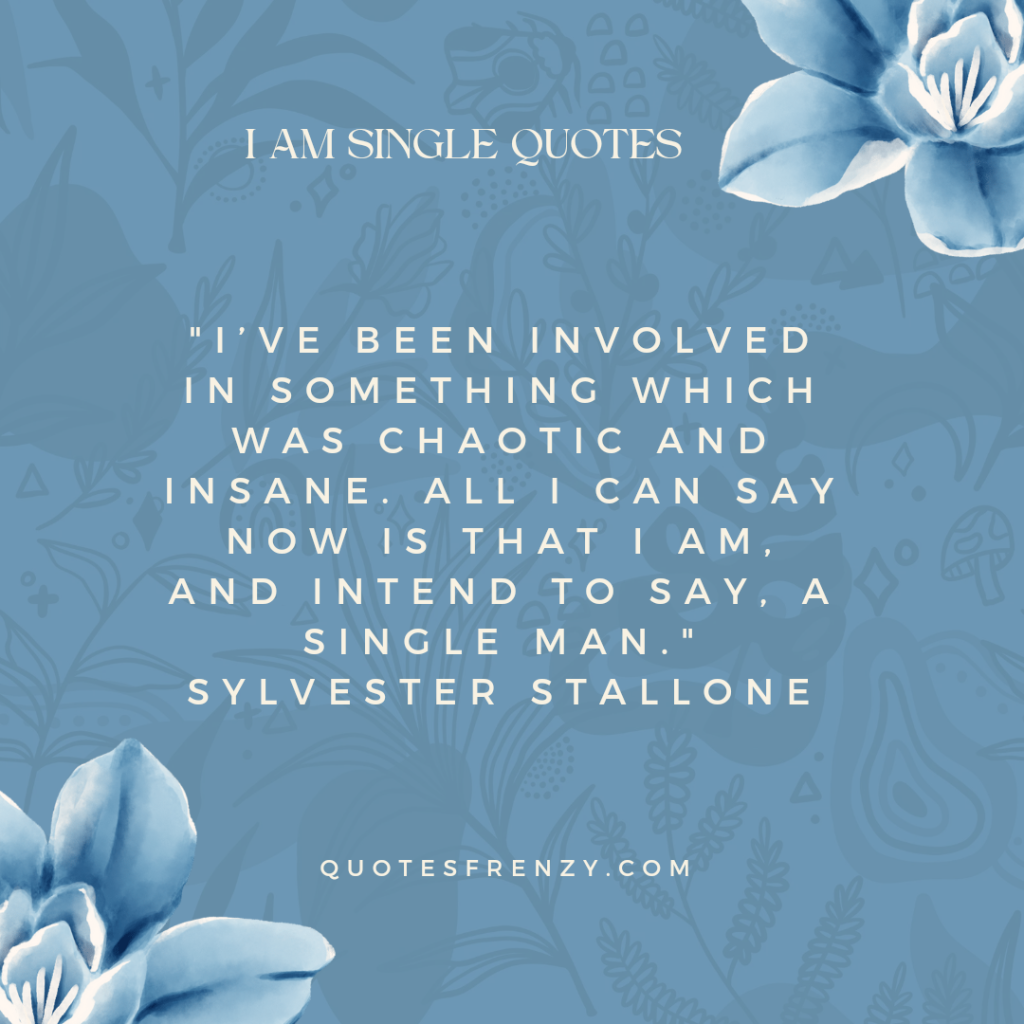The Power of the Single Quote: Unlocking Clarity
Single quotes have the power to unlock clarity in any message. They can take an unclear statement and turn it into a concise and meaningful sentiment. The single quote can be a powerful tool for writers and speakers, allowing them to craft clear messages with just a few pertinent words. By harnessing the force of this simple punctuation mark, writers can ensure that their messages are being heard and understood.
Unlocking Clarity Through the Power of Single Quotes
Single quotes are small, but powerful. They allow writers to isolate a word or phrase and give it special emphasis. By adding quotation marks to a statement, writers can draw attention to a particular word or phrase and create a sense of clarity and focus. This can be especially helpful in speeches and presentations when trying to emphasize a certain point or idea.

Quotes can also be used to indicate irony or sarcasm. A single quote can be used to set off a word or phrase, signaling to the reader or listener that the statement is meant to be taken tongue-in-cheek. This can be a great way to add humor to a message or speech and can help draw attention to a particular point.
Quotes can also be used to indicate an individual’s personal opinion or point of view. By enclosing a phrase in single quotes, the writer can indicate that the sentiment is their own, separate from the rest of the message. This can be a helpful tool in allowing the reader to understand the writer’s point of view more clearly.
Harnessing the Force of a Simple Punctuation Mark
Single quotes are a great tool for writers, but they are also incredibly useful for speakers and presenters. By adding a quotation mark to a word or phrase, the speaker can emphasize a particular point and make sure it is heard by the audience. Quotes can also be used to draw attention to a certain idea or concept, making it easier for the listener to follow the speaker’s train of thought.

In addition to emphasizing a certain point, quotes can also be used to draw attention to a particular word or phrase. By setting off a word or phrase in single quotes, the speaker can make sure that the audience understands the meaning of the statement and its implications. This can be especially helpful in longer speeches or presentations, where the speaker may be trying to convey a complex idea.
Quotes can also be used to indicate irony or sarcasm. By setting off a particular word or phrase in single quotes, the speaker can draw attention to the humorous aspect of their statement, allowing the audience to appreciate the joke. This can be a great way to add levity to a message or speech and can help drive home a particular point.
Crafting Clear Messages with a Few Pertinent Words
The power of the single quote can be used to craft clear, concise messages. By isolating a particular word or phrase, writers can draw attention to the meaning of a statement and ensure that their message is understood. This can be a great tool for writers and speakers alike, allowing them to convey their ideas in a concise and meaningful way.

Quotes can also be used to indicate irony or sarcasm. By adding a single quote to a word or phrase, writers can draw attention to the humorous aspect of their statement, allowing the reader to appreciate the joke. This can be a great way to lighten the mood of a message and can help drive home a particular point.
Quotes can also be used to indicate an individual’s personal opinion or point of view. By enclosing a particular phrase in single quotes, the writer can indicate that the sentiment is their own, separate from the rest of the message. This can be a helpful tool in allowing the reader to understand the writer’s point of view more clearly.
Discovering the Value of the Single Quote
The single quote has the power to unlock clarity in any message. It can take an unclear statement and turn it into a concise and meaningful sentiment. By harnessing the force of this simple punctuation mark, writers can ensure that their messages are being heard and understood.
The single quote is an incredibly powerful tool for writers and speakers alike. It allows them to isolate a particular word or phrase and give it special emphasis. This can be especially helpful in speeches and presentations when trying to emphasize a certain point or idea. Quotes can also be used to indicate irony or sarcasm, adding humor and levity to a message. They can also be used to indicate an individual’s personal opinion or point of view.
The single quote is a powerful tool for crafting clear, concise messages. By isolating a particular word or phrase, writers can draw attention to the meaning of a statement and ensure that their message is understood. Writers and speakers alike can benefit from the power of the single quote, allowing them to craft meaningful and impactful messages.

The single quote is an incredibly powerful tool for writers and speakers. They can use it to craft clear, concise messages and enhance the meaning of a particular statement. They can also use it to indicate irony or sarcasm, adding a humorous element to their message. By harnessing the power of the single quote, writers and speakers can ensure that their message is being heard and understood.
